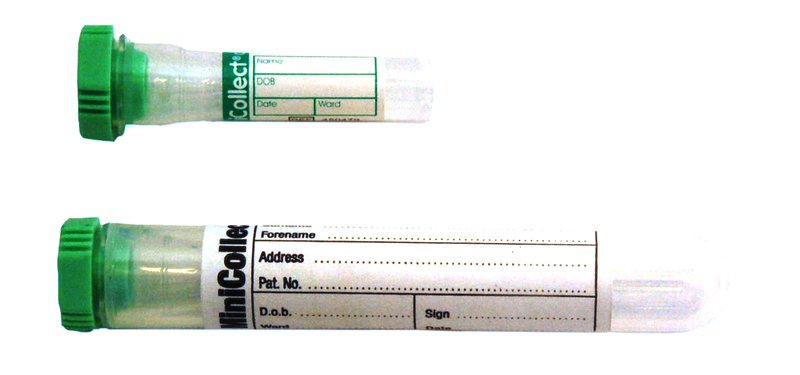Vitamin A (Retinol, Carotene)
Chemical Pathology
Notes
- In the UK most individuals are well nourished. Vitamin A (retinol) deficiency is confined to those individuals with malabsorption due to small intestinal disease or pancreatic insufficiency, e.g. cystic fibrosis or alcoholic and biliary cirrhosis, short gut syndrome.
- Vitamin A levels only decrease in severe deficiency when hepatic stores have fallen. Carotenes are not stored in the body, so dietary deficiency can deplete serum carotenoid levels in 3-4 weeks.
- Vitamin A levels can decrease in infection due to the acute phase response (consider checking CRP).
- Vitamin A toxicity is rare and usually associated with excess supplements.
- If possible vitamin supplements should be stopped 2 days prior to sampling as the vitamins can appear in the blood up to 32 hours post ingestion.
- Carotenes are not routinely measured. Patients (mainly children) who ingest large quantities of carotenoid rich processed food can appear jaundiced due to carotenoid deposition in the skin. It is not possible to become vitamin A toxic from this since transformation of carotenes into vitamin A is determined by the existing concentration of vitamin A, with excess carotene being excreted.
Sample requirements
For adults, a minimum of 1mL blood taken into a 6mL lithium heparin tube

For children, a minimum of 1mL blood taken into a 2mL lithium heparin tube

For neonates, one full 0.8mL minicollect lithium heparin tube

Storage/transport
Do not store. Send at ambient temperature to the laboratory.
Required information
Relevant clinical details including reason for the request.
Turnaround times
Samples are referred to an external laboratory for analysis, with results expected back within 3 weeks.
Reference ranges
| Age (years) | Vitamin A (µmol/L) |
|---|---|
| <7 | 0.70-1.50 |
| 7-12 | 0.90-1.70 |
| 13-19 | 0.90-2.50 |
| 20+ (female) | 0.99-3.35 |
| 20+ (male) | 0.77-3.95 |
Further information
To learn more about vitamin A visit Lab Tests Online or NHS.UK
Page last updated 24/02/2025